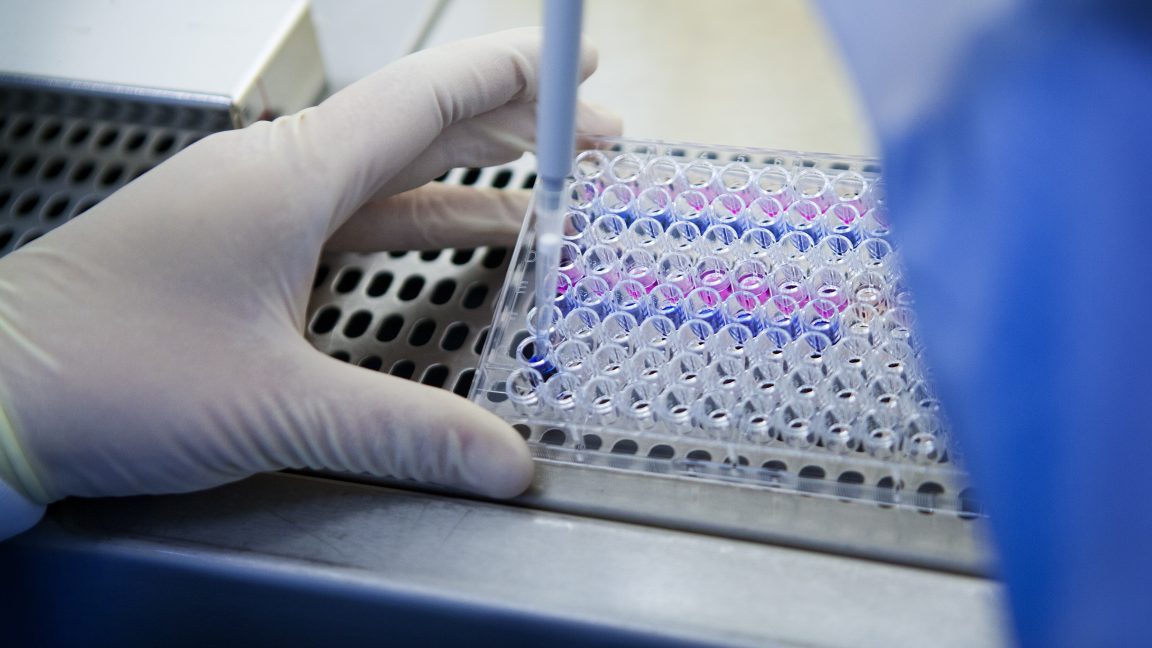
In 2022, Byrne and colleagues, together with two of us, discovered that suspect genetics analysis, regardless of not instantly affecting affected person care, informs scientists’ work, together with medical trials. However publishers are sometimes slow to retract tainted papers, even when alerted to apparent fraud. We discovered that 97 percent of the 712 problematic genetics research articles we recognized remained uncorrected.
Potential options
The Cochrane Collaboration has a policy excluding suspect research from its analyses of medical proof and is growing a tool to identify problematic medical trials. And publishers have begun to share data and technologies amongst themselves to fight fraud, together with image fraud.
Expertise startups are additionally providing assist. The web site Argos, launched in September 2024 by Scitility, an alert service based mostly in Sparks, Nevada, permits authors to check collaborators for retractions or misconduct. Morressier, a scientific convention and communications firm in Berlin, provides research integrity tools. Paper-checking instruments embrace Signals, by London-based Analysis Alerts, and Clear Skies’ Papermill Alarm.
However Alam acknowledges that the battle in opposition to paper mills gained’t be gained so long as the booming demand for papers stays.
In the present day’s industrial publishing is a part of the issue, Byrne stated. Cleansing up the literature is an unlimited and costly enterprise. “Both now we have to monetize corrections such that publishers are paid for his or her work, or neglect the publishers and do it ourselves,” she stated.
There’s a elementary bias in for-profit publishing: “We pay them for accepting papers,” stated Bodo Stern, a former editor of the journal Cell and chief of Strategic Initiatives at Howard Hughes Medical Institute, a nonprofit analysis group and funder in Chevy Chase, Maryland. With more than 50,000 journals in the marketplace, unhealthy papers shopped round lengthy sufficient finally discover a residence, Stern stated.
To forestall this, we might cease paying journals for accepting papers and take a look at them as public utilities that serve a higher good. “We should always pay for clear and rigorous quality-control mechanisms,” he stated.
Peer evaluate, in the meantime, “needs to be acknowledged as a real scholarly product, similar to the unique article,” Stern stated. And journals ought to make all peer-review reviews publicly accessible, even for manuscripts they flip down.
This text is republished from The Conversation below a Artistic Commons license. This can be a condensed model. To be taught extra about how fraudsters across the globe use paper mills to complement themselves and hurt scientific analysis, learn the full version.
Frederik Joelving is a contributing editor at Retraction Watch; Cyril Labbé is a professor of laptop science on the Université Grenoble Alpes (UGA); and Guillaume Cabanac is a professor of laptop science at Institut de Recherche en Informatique de Toulouse.

